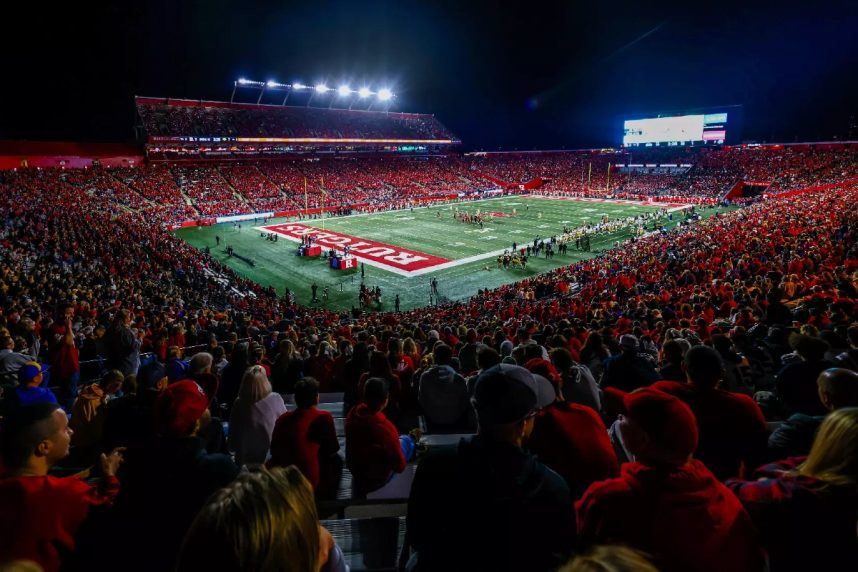Date: September 24, 2024, 01:30h.
Last update: September 24, 2024, 01:42h.
Legislation in New Jersey that aims to prevent public colleges and universities from partnering with sports betting companies and accepting their marketing offers has moved forward on Monday.

The New Jersey Assembly Higher Education Committee unanimously passed Assembly Bill 4113 with a 6-0 vote on Monday. Introduced in April by Assemblypersons Linda Carter (D-Plainfield), Benjie Wimberly (D-Paterson), and Reginald Atkins (D-Roselle), the bill would prohibit sportsbooks such as DraftKings and FanDuel from sponsoring public higher education institutions.
If approved by the New Jersey Legislature and signed into law by Gov. Phil Murphy (D), the bill would ban all sportsbook and sports betting advertisements on public campuses and at related events. This ban would also apply to athletic departments and booster clubs across all advertising platforms and sponsorship formats.
AB 4133 would also prohibit sports betting ads in all stadiums and facilities, including gameday programs.
New Jersey’s sports betting regulations already prohibit sportsbooks from accepting bets on games involving local colleges and universities. The rules also forbid betting on any college sports events in the state regardless of the involvement of a local school.
In 2021, New Jersey residents voted against a ballot measure that would have removed those restrictions.
Sports Betting Regulations
Sports betting is legal in some form in 38 states and Washington, DC, either in-person, online, or both. Following the US Supreme Court’s decision to lift the federal ban on single-game sports wagering in May 2018, states rushed to legalize sports betting to generate additional tax revenue.
Recent criticism from federal lawmakers has been aimed at the rapid implementation of sports betting laws and regulations. Earlier this month, US Rep. Paul Tonko (D-New York) and Sen. Richard Blumenthal (D-Connecticut) introduced a bill in Congress that would require states with legal sports betting to adhere to federal regulations aimed at protecting consumers from problem gambling.
States have resisted Tonko and Blumenthal’s bill, arguing that they are best equipped to regulate gambling and sports betting within their borders. AB 4113 shows that states with sports betting regulations are continuously evaluating their protocols.
“Both parties recognize the need to implement safeguards to protect our residents,” said Wimberly to NJ Spotlight News.
Carter and Atkins lead the Assembly Higher Education Committee, while Wimberly is a member of the committee.
Assemblyman Gerry Scharfenberger (R-Middletown) was the only Republican participating in the vote of the six-member committee. The other Republican on the Higher Education Committee, Assemblywoman Michele Matsikoudis (R-New Providence), did not vote on the sports betting bill.
Past Efforts Unsuccessful
Similar efforts to prohibit sports betting sponsorships at New Jersey’s public institutions have failed in previous years. A similar bill in the assembly last year passed the Higher Education Committee but stalled in the Tourism, Gaming, and the Arts Committee.
Rutgers, New Jersey’s largest public college, already prohibits its student-athletes from engaging in NIL (name, image, likeness) agreements with casinos and sports betting companies. Rutgers currently does not have an official sportsbook partnership like LSU and Michigan State do with Caesars Sportsbook.
In Louisiana, LSU students received a promotional offer in their university email accounts from Caesars Sportsbook in 2022, urging them to “place your first bet and earn your first bonus.” The promotion sparked criticism, leading to ongoing controversies and ultimately LSU terminating the seven-figure deal in 2023.
Michigan State also ended its agreement with Caesars Sportsbook that same year after facing similar scrutiny.


